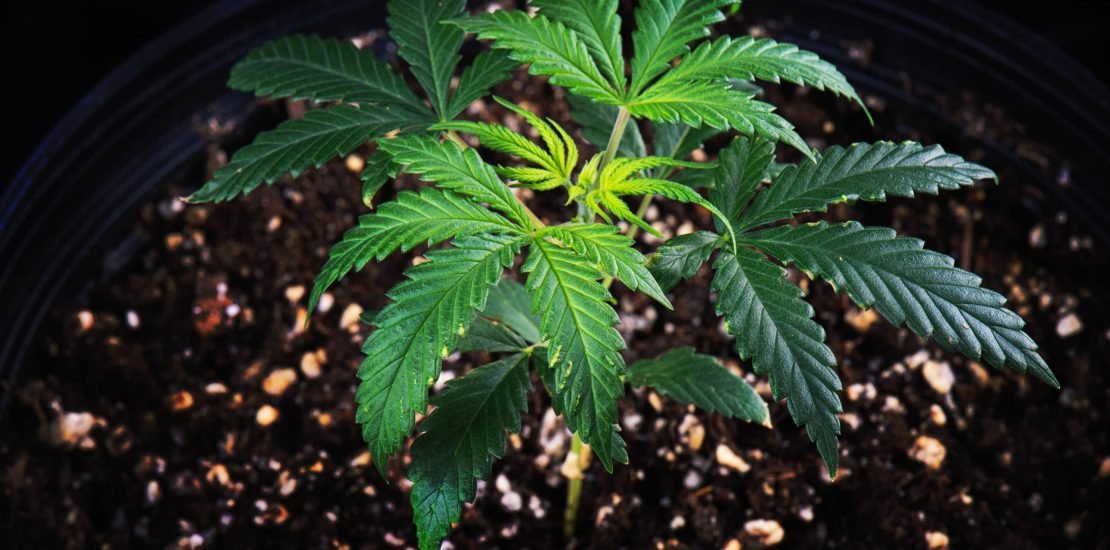- May 11, 2022
- Posted by: Administrator
- Category: News

[ad_1]
Let the planting begin. Thailand’s government leadership signaled optimism regarding the country’s recent shift in medical cannabis reform with a massive plant giveaway.
Thailand Public Health Minister Anutin Charnvirakul said he will offer households 1 million cannabis plants for free in a May 8 Facebook post. Furthermore, beginning on June 9, Thailand residents will have the freedom to grow “as many cannabis plants” as they like in their own homes for medical purposes, according to Charnvirakul.
The Nation Thailand reports that the homegrown cannabis must be grown for medical purposes. Licensing will not be required for home cultivation, unlike commercial cannabis and hemp companies in the country.
“This will enable people and the government to generate more than 10 billion baht [$288,846,200 per year] in revenue from marijuana and hemp,” Charnvirakul said. “Meanwhile, people can showcase their cannabis and hemp-related products and wisdom and sell their products nationwide.”
Thailand became the first Southeast Asian country to legalize medical cannabis in 2018. In 2020, the Cabinet in Thailand has approved amendments to the country’s narcotics act which would allow for private production and sale of medical cannabis. Last January, Thailand also became the first country in Asia to legally allow cannabis.
Licensed companies in Thailand can sell hemp products with less than 0.2 percent THC—a tad bit more strict than the 0.3 THC limit imposed on hemp in the United States.
While home cultivation of medical cannabis will have few restrictions, large cannabis-related businesses must request permission to operate from the Thailand Food and Drug Administration, he added.
People who grow commercially without first obtaining permission from the government will face a fine of up to 20,000 baht ($577.76). People who sell commercial cannabis without a license face a fine of up to 300,000 baht ($8,665.76) or three years in jail, or both.
The intention is to redefine cannabis as a “household crop,” and it’s the latest maneuver in Thailand’s plan to transform cannabis into a cash crop.
About one-third of Thailand’s entire labor force works in agriculture, according to The World Bank.
The Free Market in Thailand
Charnvirakul added that he wants to allow entrepreneurs and businesses to compete freely in Thailand’s cannabis market.
After legalizing medical cannabis in 2018, the country reportedly saw its own “Green Rush,” primarily composed of infused edibles, drinks, and cosmetics companies with a big focus on hemp-derived cannabinoids like CBD as well as terpenes. This took place after the use of hemp-derived ingredients were approved for use in edibles and cosmetics.
Dirk De Cuyper, CEO of S Hotels and Resorts told Benzinga that it is a destination for medical tourism, when asked about the country’s latest developments.
Businesses such as Chopaka, OG Papers, and Bloom discussed the blossoming cannabis community in Thailand. “The new market is interesting,” entrepreneur Kitty Chopaka told High Times in March, representing a terpene-infused gummy company. “Because we’re in Asia, many people are curious but don’t want to get high.”
Despite the new focus on medical applications, cannabis is well-known in the country for recreational purposes as well. Legendary Thai Sticks have been supplied on and off to the U.S. since the Vietnam War. Only the finest sativas were chosen, tied with silk to bamboo or hemp stalks, and rolled in hash oil (or opium). Reportedly it was the highest quality weed around in the 70s. The modern equivalent might be a strong canna cigar. According to Danny Danko in 2015, Thai Sticks fell out of favor years ago as some farmers in the lowlands of Thailand were forced to switch from the cultivation of the country’s stellar sativas for more profitable poppy plants.
[ad_2]
Source link
